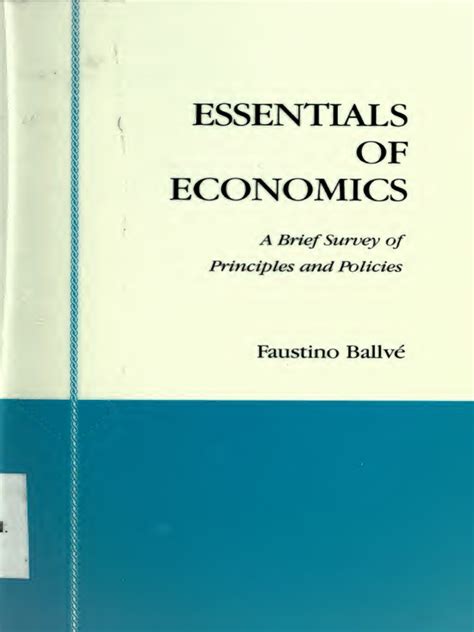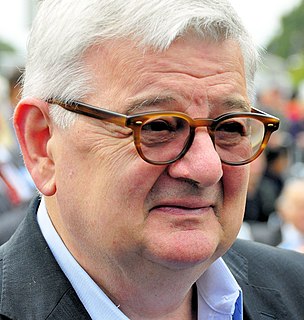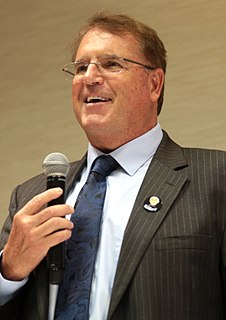Top 1200 Monetary Policy Quotes & Sayings - Page 2
Explore popular Monetary Policy quotes.
Last updated on April 20, 2025.
I believe, unlike people that are totally free-market, laissez-faire fundamentalists, that there is an important role that the government can play - one, in providing public goods, whether it's education, health care, or other things, and two, supervising countercyclical policy - stimulus, whether it's monetary, fiscal, or otherwise.
...monetary exchanges have interesting things in common; Gresham's law, if true, says what one of these interesting things is. But what is interesting about monetary exchanges is surely not their commonalities under physical description. A natural kind like a monetary exchange could turn out to be co-extensive with a physical natural kind; but if it did, that would be an accident on a cosmic scale.
The theory of economic shock therapy relies in part on the roleof expectations on feeding an inflationary process. Reining in inflation requires not only changing monetary policy but also changing the behavior of consumers, employers and workers. The role of a sudden, jarring policy shift is that it quickly alters expectations, signaling to the public that the rules of the game have changed dramatically - prices will not keep rising, nor will wages.
The dirty little secret is that both houses of Congress are irrelevant. ... America's domestic policy is now being run by Alan Greenspan and the Federal Reserve, and America's foreign policy is now being run by the International Monetary Fund [IMF]. ...when the president decides to go to war, he no longer needs a declaration of war from Congress.
The excellence of metallic money in free circulation consists in the fact that it renders impossible the abuse of the power of the government to dispose of the possessions of its citizens by means of its monetary policy and thus serves as the solid foundation of economic liberty within each country and of free trade between one country and another.
The World Trade Organization, The World Bank, The International Monetary Fund and other financial institutions virtually write economic policy and parliamentary legislation. With a deadly combination of arrogance and ruthlessness, they take their sledgehammers to fragile, interdependent, historically complex societies and devastate them, all under the fluttering banner of 'reform'.
The unique aspect of today's monetary inflation is that it is not limited to one country, but a host of countries are all inflating together. As a result of the monetary inflation (when all of the newly created money begins to leave the banks and enter the system), the price inflation will be worldwide.









































